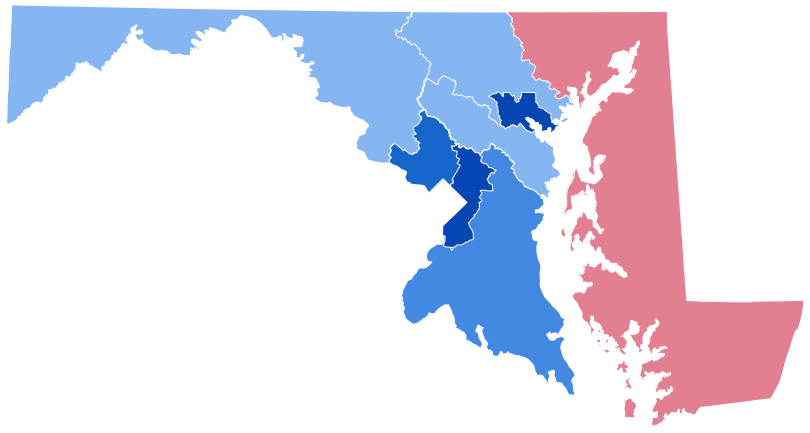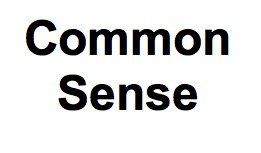Opinion: Vote YES on Question 1

The Right to Reproductive Freedom Amendment will be Question 1 on our ballots in Maryland this November.
To include and preserve reproductive freedom in our state Constitution, it’s important that we vote YES on this question.
There are people who think that Marylanders don’t need to worry about our right to reproductive freedom and choice. After all, we’re a liberal state with a law that already provides full access to abortion and contraception.
But the Democratic majority in the Maryland General Assembly (encouraged by women’s health organizations) did not want to take the chance that a hard-right president or Congress or Supreme Court might restrict or remove these rights. The legislature enacted a bill to have a referendum on the ballot this fall.
The proposed amendment defines reproductive freedom as "the ability to make and effectuate decisions to prevent, continue, or end one's own pregnancy."
If Question 1 passes, the Maryland Constitution will be amended to ensure that everyone has the fundamental right to reproductive freedom, including the right to abortion access and birth control.

Abortion access is currently protected in Maryland by a 1992 law that was affirmed by 61% of voters. But a law can be repealed without involving voters and the Supreme Court’s Dobbs v. Jackson Women’s Health Organization decision confirmed that even if abortion is currently legal, it remains at risk.
A constitutional amendment offers the highest form of protection for abortion care in Maryland. Repealing an amendment to the Constitution is much more difficult than reversing other types of policy protections for reproductive freedom.
"We can't take anything for granted when it comes to reproductive health care," Maryland House Speaker Adrienne Jones said in January. "We don't just need to win. We need to send a message."
It’s important to note that — despite what the opposition is saying — the proposed Maryland constitutional amendment will not alter or affect current law.
Opponents of what they call the “extreme” ballot Question 1 are fearmongering and spreading lies that this constitutional amendment would:
- allow abortion at any time from conception to birth and perhaps beyond
- make it a crime to be “pro-life” in Maryland
- invalidate health and safety statutes and regulations regarding abortion
- force taxpayers to fully fund abortion on demand
- have implications for transgender drugs and procedures, and
- infringe on parental rights
Not one of these claims is true. Question 1 will not change current Maryland law, only make it part of the state Constitution.
If the ballot question is approved by the voters, Maryland will join an ever-increasing number of states that have preserved reproductive rights in their state constitutions.
In 2022, constitutional amendments for reproductive rights were approved in California, Michigan, and Vermont. Constitutional amendments to limit reproductive rights were defeated in Kansas, Kentucky, and Montana.
In 2023, voters in Ohio approved a constitutional amendment to establish a state constitutional right to "make and carry out one’s own reproductive decisions.”
Ten states in 2024 will have reproductive rights constitutional amendments on the ballot: Arizona, Colorado, Florida, Maryland, Missouri, Montana, Nebraska, Nevada, New York, and South Dakota.
It’s a growing movement to preserve American rights and freedoms.
By voting Yes on Question 1, Maryland’s voters can safeguard the right to choose today, tomorrow, and for generations to come!
Jan Plotczyk spent 25 years as a survey and education statistician with the federal government, at the U.S. Census Bureau and the National Center for Education Statistics. She retired to Rock Hall.
Common Sense for the Eastern Shore







